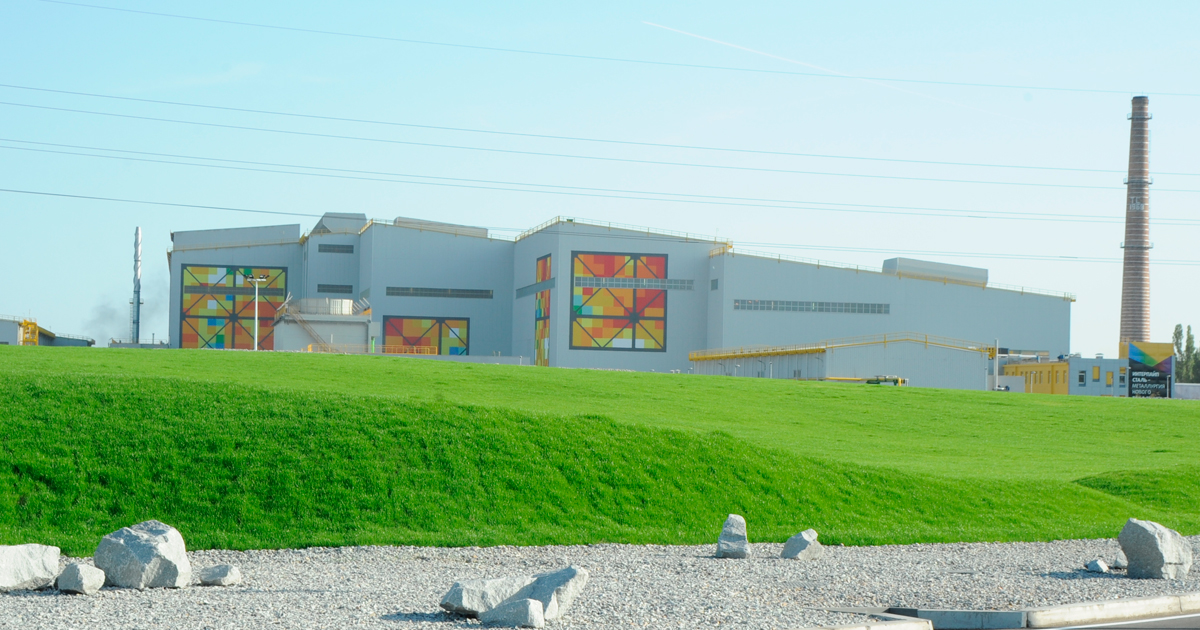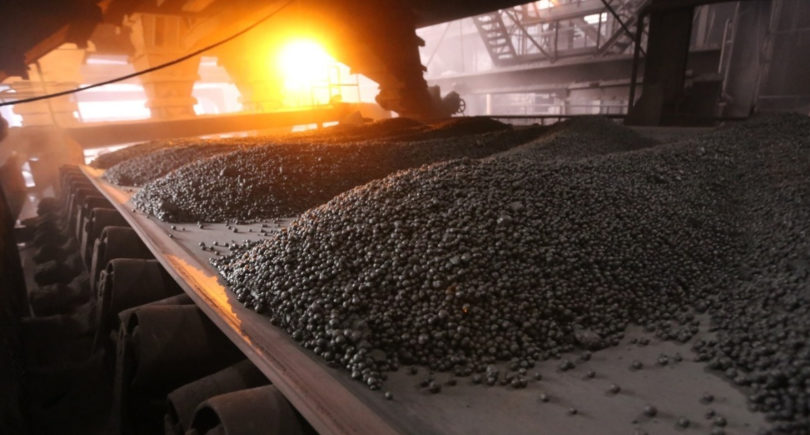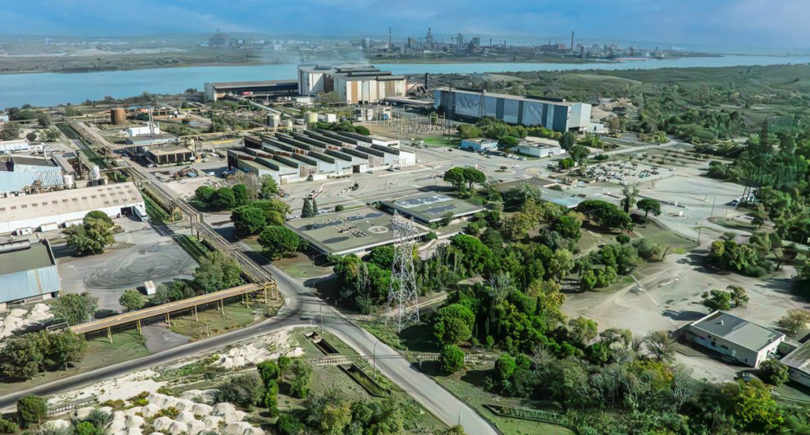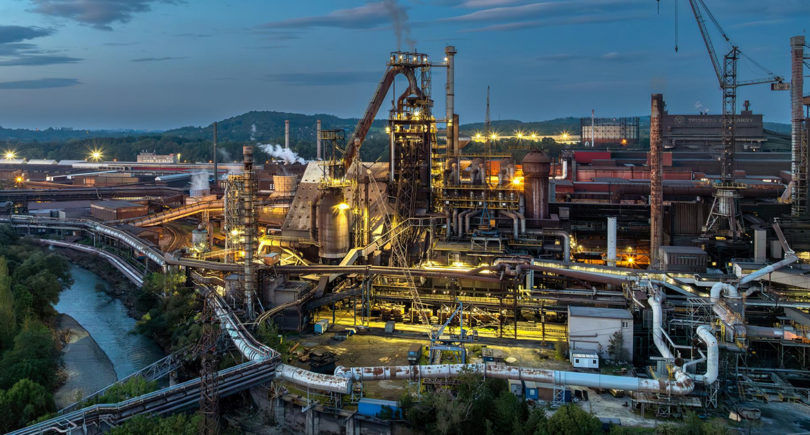
The company has presented the Decarbonization Path and has already exceeded the EU's 2030 goals
Ukrainian industrial company Interpipe has made significant progress in reducing its climate impact. In 2024, the company reduced specific CO2 emissions per ton of seamless pipes by 61% and railway products by 46% compared to 2010. This was reported to GMK Center by the company’s press service.
These figures already exceed the European Green Deal targets for 2030, which provide for a 55% reduction in greenhouse gas emissions.
The main driver of the emissions reduction was the modernization of production. Interpipe has completely abandoned its outdated open-hearth production, replacing it with a new electric steelmaking complex, Interpipe Steel, built from scratch. The total investment in this environmental project amounted to $1 billion, making it the largest green investment in Ukrainian industry since independence.
In addition to technical modernization, structural changes also provided positive dynamics: an increase in the share of premium products in the company’s portfolio and a decrease in the consumption of carbon-intensive electricity.
In 2024, Interpipe reached a record level of energy use from renewable and low-carbon sources. The share of electricity from renewables and hydroelectric power plants in the total mix increased to 28% (compared to 7% in 2010), and together with nuclear energy – to 64%.
The company presented its own Decarbonization Pathway program with interim targets for 2030, declaring its intention to continue to be a leader in the Ukrainian industry in reducing emissions.
As GMK Center reported earlier, Interpipe maintains its competitiveness by investing in production. This helps the company open up new market segments, including pipes with premium connections and wheels for high-speed passenger traffic.




